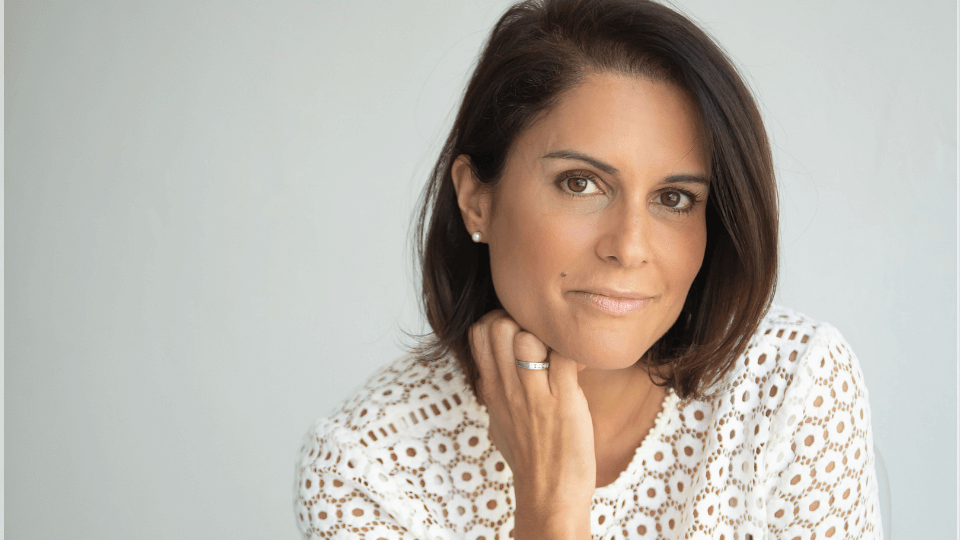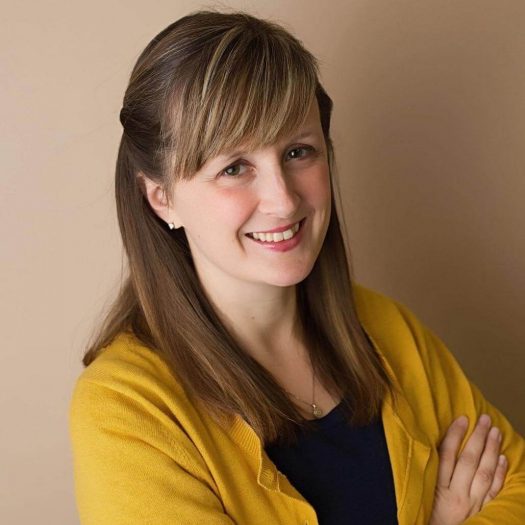
A few months ago, I wrote about how women entrepreneurs were managing small business disappointments in the wake of the novel coronavirus.
One entrepreneur I spoke with, Shin-Di Cynthia Lai, expressed confidence that in spite of the setbacks related to the COVID-19 pandemic, entrepreneurs will emerge from this time stronger and more creative than ever before. To quote Lai, “2020 can still be my year.”
It is now September, nearly six months after the World Health Organization upgraded the coronavirus outbreak to pandemic status. Drastic changes have impacted our once normal way of life. Many industries have experienced an unexpected boom in sales. Others have had to pivot business models or shutter their doors entirely.
Women entrepreneurs appear to be among those hit the hardest during the pandemic. In a recent U.S. Chamber of Commerce study, a poll revealed that COVID-19 has a heavier impact on women-owned small businesses than those owned by male owners. Before the pandemic, 60% of women-owned businesses ranked their overall business health as “good.” In July 2020, this percentage dipped drastically for women-owned businesses to 47%.
The 13-point decline is notable when compared to male-owned businesses, which only declined 5 points regarding the health of their business. Women entrepreneurs polled in the same study reported that they are also less likely to anticipate a strong recovery for business in the coming year.
For some women entrepreneurs, however, there is still so much to be optimistic about in 2020 — and 2021 — for their small businesses. Some women business owners have experienced incredible success this year, while others have been able to utilize remote work to their advantage. It may be an unprecedented time, but 2020 has shaped up to be a year filled with unlikely opportunities.
[Related: Meet the ER Doctor Bringing Covid Tests to the Communities Who Need It the Most]
The ‘Remote’ Advantage
Initially, the idea of working from home was considered by many companies — and entrepreneurs — to be a “great experiment.” Could everyone that was able to work remotely make it work? Six months in, most workers are enjoying the experience. There’s no need to worry about lengthy commutes or figure out parking. Being remote also puts entrepreneurs in the unique position to reach a wider audience than those in their surrounding communities and states.
Melissa Smith is the founder of Enotrias Elite Sommelier Services. A certified sommelier, Smith’s company manages wine collections. It also leads seminars on wine, sake, and spirits for in-home and corporate team building events.
Prior to COVID-19, Smith held the only state-approved continuing education seminar on the valuation and appraisal of wine collections. Since this approval was only valid in California, Smith’s concentration was largely limited to attorneys, real estate agents, and collectors in the Bay Area.
But in addition to pivoting the business to conduct Zoom seminars , Smith was also able to get approval in seven states — and counting.
“I’m optimistic that I now have the opportunity to get in front of potential clients around the country,” Smith says. “Ultimately, I feel that this will allow me to make an even greater name for myself and my business in this niche industry.”
New Trends in Health and Happiness

Jessica Wright is an online therapist for individuals and couples in the state of Illinois. As the owner of Wright Choice Counseling, Wright is optimistic about the amount of excitement and buzz surrounding online therapy as well as its accessibility through telehealth platforms.
“People who would normally struggle to make time to get into counseling are now reaching out and asking for a free 15-minute consultation with us,” Wright says. “Feeling anxiety is very normal right now, and we want to be there for people to feel supported and heard.”
“We think that clients throughout the next year will continue to make therapy a priority,” Wright says.
As more people are using this time to invest in their mental health, they are also prioritizing their personal lives.
Amber Artis is the CEO of Select Date Society, a boutique matchmaking firm. Artis has been a professional matchmaker since 1998. Amid the COVID-19 pandemic, Artis has seen a dramatic shift in singles and their search for love.
According to Artis, the time of self-quarantine has caused many single people to experience a level of loneliness that has helped shift their perspective on dating and relationships. Now, they’re ready to prioritize their personal lives.
“As a matchmaker, I see a lot of great relationships starting during this time. I am excited about what the future holds for these couples!” Artis says.
[Related: Is Love Pandemic-Proof? These Matchmakers Say Yes]
Support for Women and Minorities
Claudia Hoag is a headshot photographer and studio owner in Los Angeles. In July, Hoag participated in the Headshot Crew, a community of 200 photographers offering one-day free headshots to 10,000 unemployed workers across the country. Hoag had the chance to shoot a young Latina woman who was pleased to see a female photographer. She later shared her images on Instagram and talked about how nice it was to be photographed by a woman.
“There’s definitely a growing awareness of the good you do by supporting a woman-owned business,” Hoag says. “I feel particularly glad when I have the opportunity to help another working woman, and it makes me smile to see them feeling the same.”

Hoag’s optimism that women will continue to support women-owned businesses is matched by Emily McNabb Butler. McNabb Butler is the owner of The Good Hippie, a natural, vegan skincare brand handcrafted in Austin, Texas. She predicts that anyone that wasn’t already championing small businesses, especially women-owned and Black/brown-owned businesses, will do so in the near future.
“We truly vote when we spend our hard-earned money,” McNabb Butler says, citing that sentiment as one originally said by her founder friend Bre. “I don’t believe the public was intentionally under supporting these businesses. Now, I think we’re all more aware how we can support those that haven’t had the same opportunities due to the systems and archaic ideas embedded in all of us.”
Finally, Work/Life Balance
“During COVID-19, I’m optimistic that women business owners are finding new ways to obtain balance,” says Violette de Ayala, founder of FemCity.
FemCity is a networking organization that offers both local and online gatherings for women launching and growing businesses. De Ayala says society is finally accepting the need for women entrepreneurs to balance work, children and life — and recognizing the truth that all intermingle.
De Ayala sees two big changes coming from COVID-19: an embrace of conducting business online, and a desire to unite business, revenue and a harmonious life. And the more we see working moms sharing work/life balance on social media and in marketing, the more we understand the universal challenges and hiccups.
“We have permission to find commonality,” de Ayala says. “Life isn’t always perfect, but we do the best we can with what we’ve got.”
Next Up: Doing Even Better
McNabb Butler is hopeful that when we dissect the numbers of businesses that survived 2020, we’ll be better able to examine how to invest on a local and government level. While she wishes it didn’t take a pandemic for certain issues to be addressed, she says she now feels personally more educated and proactive.
“Instagram now has a tag specifically for promotion of small businesses. Companies are seeking Black and brown leadership. We have a powerful and intelligent female Vice President candidate. Our communities are insisting that people and companies simply do better,” McNabb Butler says.
“When the issues of today are amplified, our concerns are able to be taken more seriously,” McNabb Butler adds. “That is why we can all be optimistic.”
[Related: Leave New York? These Women Business Owners Say Fuhggedaboutit]

